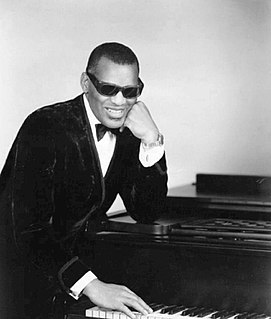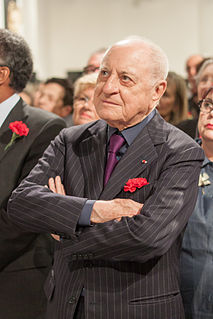A Quote by Emma Bonino
Related Quotes
Subjects who reciprocally recognize each other as such, must consider each other as identical, insofar as they both take up the position of subject; they must at all times subsume themselves and the other under the same category. At the same time, the relation of reciprocity of recognition demands the non-identity of one and the other, both must also maintain their absolute difference, for to be a subject implies the claim of individuation.
We looked at each other. And it occurred to me that despite his faults, which were numerous and spectacular, the reason I’d liked Boris and felt happy around him from almost the moment I’d met him was that he was never afraid. You didn’t meet many people who moved freely through the world with such a vigorous contempt for it and at the same time such oddball and unthwartable faith in what, in childhood, he had liked to call “the Planet of Earth.
Has it ever occurred to you that one hundred pianos all tuned to the same fork are automatically tuned to each other? They are of one accord by being tuned, not to each other, but to another standard to which each one must individually bow. So one hundred worshipers met together, each one looking away to Christ, are in heart nearer to each other than they could possibly be, were they to become 'unity' conscious and turn their eyes away from God to strive for closer fellowship.
There was an exchange between me and Andy Warhol. We met, we liked each other, we appreciated each other. He would come to us for Easter in Marrakech. In September we would meet up in Venice. And every time I went to New York I would spend some time with him at the Factory, where we would have dinner together. He's a man that I admired deeply. He shook up the notion of painting - not as much as Marcel Duchamp had done, but he was part of the same general movement. And then we both admired art deco.
Pharoahe Monch is a long time supporter of my music and I'm a long time supporter of his music so when we met each other it was almost like a natural occurrence.I met him before a few years earlier and we were just politicking with each other and we had a conversation about possibly doing something but our schedules have always been in conflict.


































